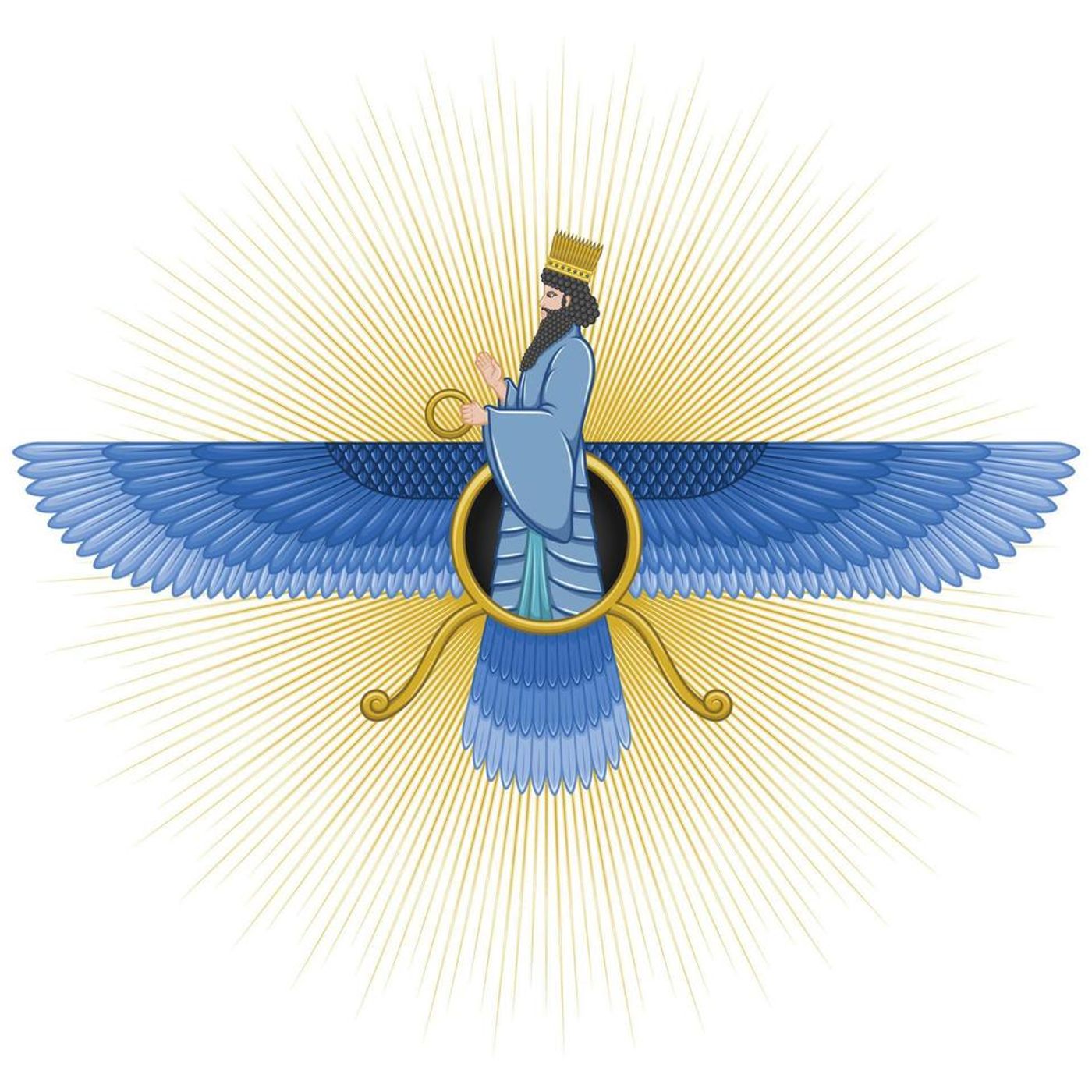Listen "10. Western references to Zoroaster and Zoroastrianism."
Episode Synopsis
10. Western references to Zoroaster and Zoroastrianism.In classical antiquity.The Greeks—in the Hellenistic sense of the term—had an understanding of Zoroaster as expressed by Plutarch, Diogenes Laertius, and Agathias that saw him, at the core, to be the "prophet and founder of the religion of the Iranian peoples," Beck notes that "the rest was mostly fantasy". Zoroaster was set in the ancient past, six to seven millennia before the Common Era, and was described as a king of Bactria or a Babylonian (or teacher of Babylonians), and with a biography typical of a Neopythagorean sage, i.e. having a mission preceded by ascetic withdrawal and enlightenment. However, at first mentioned in the context of dualism, in Moralia, Plutarch presents Zoroaster as "Zaratras," not realizing the two to be the same, and he is described as a "teacher of Pythagoras".
More episodes of the podcast Zoroastrianism.
1. ZOROASTER.
28/06/2025
2. Name and etymology.
28/06/2025
3. Date.
28/06/2025
4. Zoroastrian and Muslim scholarship.
28/06/2025
5. Place.
28/06/2025
6. Life.
28/06/2025
7. Influences.
29/06/2025
8. Philosophy.
29/06/2025
9. Iconography.
29/06/2025
 ZARZA We are Zarza, the prestigious firm behind major projects in information technology.
ZARZA We are Zarza, the prestigious firm behind major projects in information technology.
